Skilfully wielded by a dentist, the dental drill has become an essential tool in practice today. Its untamed power is used to focus on individual teeth and remove diseased, decayed, or superfluous tooth material. Arising as an invention of French dentist Pierre Fauchard in 1797, its functions have since advanced from creating space for orthodontic fixtures to preparing the way for dental restorations. All in all, the modern dental drill is a vital component of the maintenance of pristine oral health.
An aural symbol of agony, the screeching wail of a dental drill is one of the most dreaded honks ever to be heard. For scores of individuals, this sound downright conjures up reminders of tremendous pain and arduous hours spent in the dental professional’s chamber.
Despite the technological advancements in dental tools, the shrieking sound of the drill is still a source of almighty dread. Such terror has even been supported by research, which name the dental drill as a worldwide source of fear.
Surprisingly, the intimidating whir of the dental drill sends shivers down not only patient spines, but professional ones too. According to a report released by the Journal of the American Dental Association, dental practitioners are just as intimidated by these buzzing tools as their patients.
So what is it about the sound of the dental drill that inspires dread?
It has been hypothesized that the buzzing of the drill mimics the sound of a boring into bone, thereby sparking fear and anxiety among patients and dentists alike.
It might be presumed that our terror of the dental drill is due to conditioned reflex, meaning we have learned to fear its sound because we logically reference it with hurt.
The sound of the dental drill instils fear in the hearts of most people, and there is no escape from this uncomfortable experience – that much is certain.
For those of us who shudder at the thought of the dentist’s drill, there are ways to soothe your nerves.
In spite of its decibel-level, the noise of the drill is NOT a signifier of the discomfort associated with the process. To put it another way, the procedure does not need to be unendurable even though the sound of the drill is loud.
To forget the sound of the drill, consider taking a few calming breaths and focus on your breathing. Let those deep breaths relax you and distract your attention from what is happening in the background.
All in all, this is a blink-of-an-eye experience that has the habit of ending faster than you can realize it. Plus, the outcome you get will be a real reward for going through a brief period of distress.
For those who shiver at the thought of a dental drill, there are ways to stay calm and composed. The noise level has no correlation to the amount of discomfort experienced, so it’s essential to stay relaxed and distracted. Taking time to center oneself beforehand and reminding oneself that the session will be completed swiftly can help immensely.
Related Product
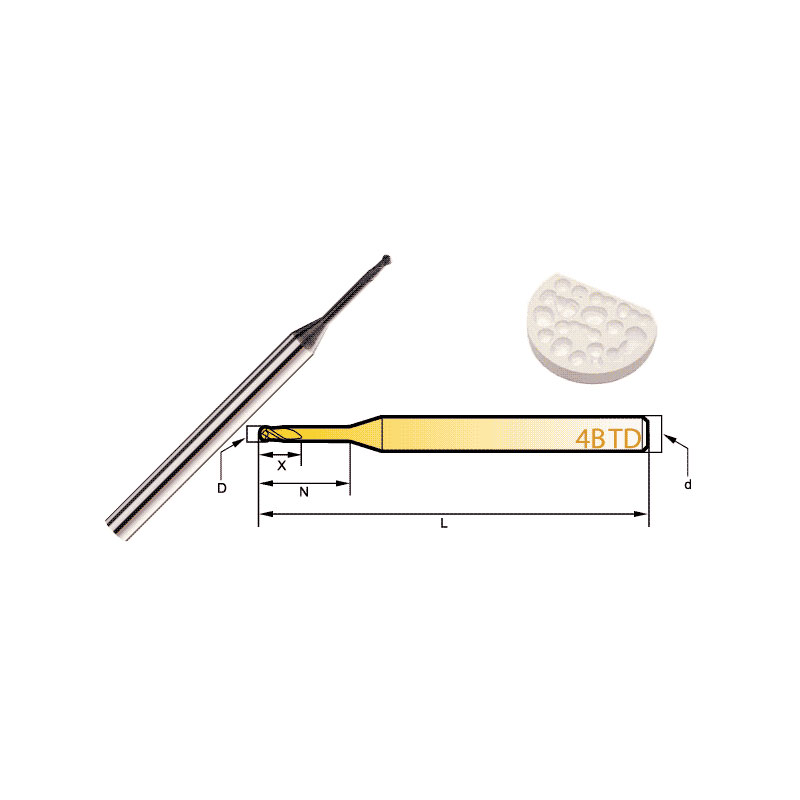
Diamond Bur Ball Round
Product Information Product Name Dental 4-Flute Ball End Mill Brand MSK Model D Number Of BladesZ X N L d 4BTD2060 2 4 6 6 50 3 4BTD2010 2 4 6 10 50 3 4BTD2016 2 4 6 […]
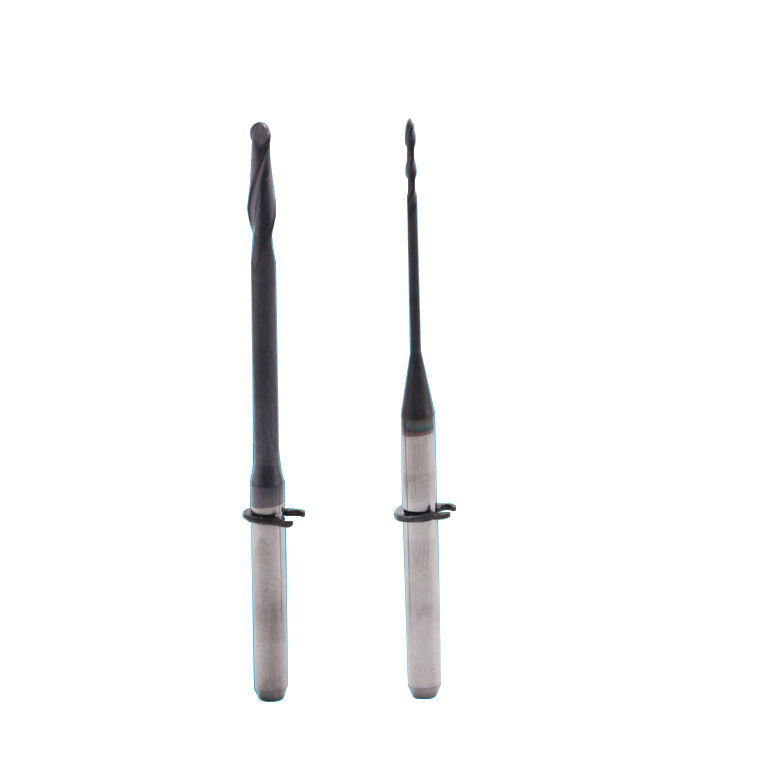
Dental CAD/CAM Milling Burs
Product Information Origin Tianjing, China Material Stainless Steel Brand MSK Applicable Machine Tools A Variety Of Options Custom Processing Yes Whether To Coat No Is It a […]
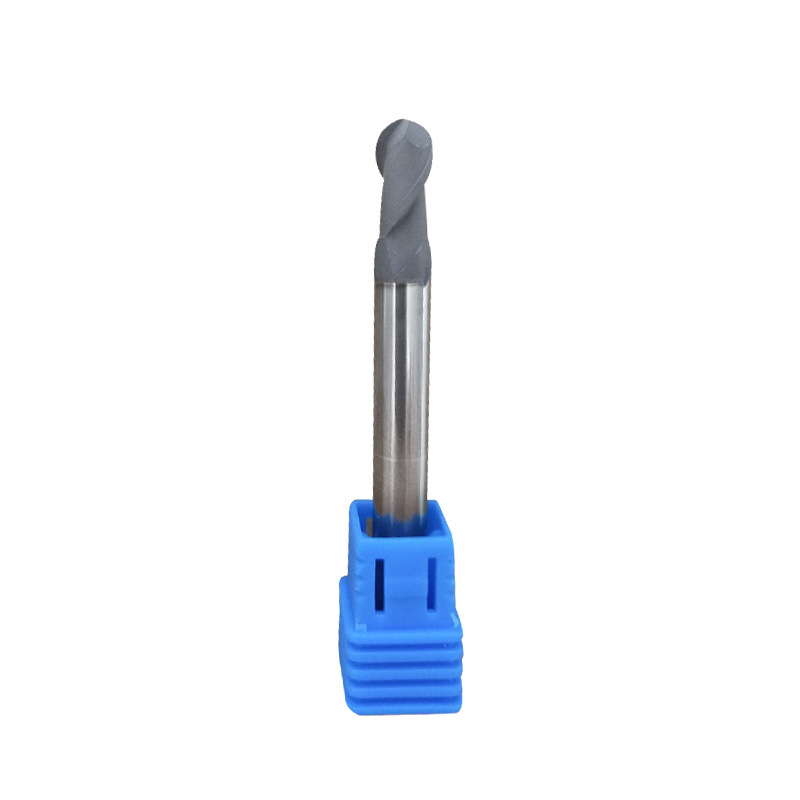
Diamond Coating Round Diamond Cutters
Product Information Origin Tianjing, China Series U Series Brand MSK Cutting Edge Form Helical Structure Ball Diameter (Mm) 3 Material Carbide Minimum Cutting Diameter At Th […]
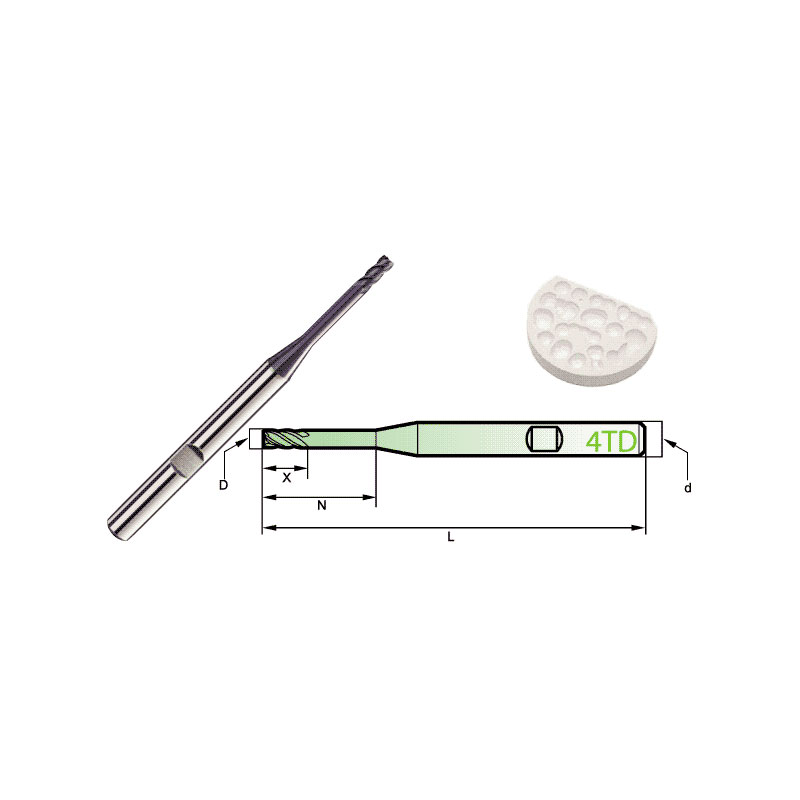
Carbide Roland CAD/CAM Burs
Product Information Origin Tianjing, China Brand MSK Number Of Blades 4 Product Name Dental Special 4-Blade End Mill Model D Number Of Blades Z X N L d 4TD2060HB 2 4 […]
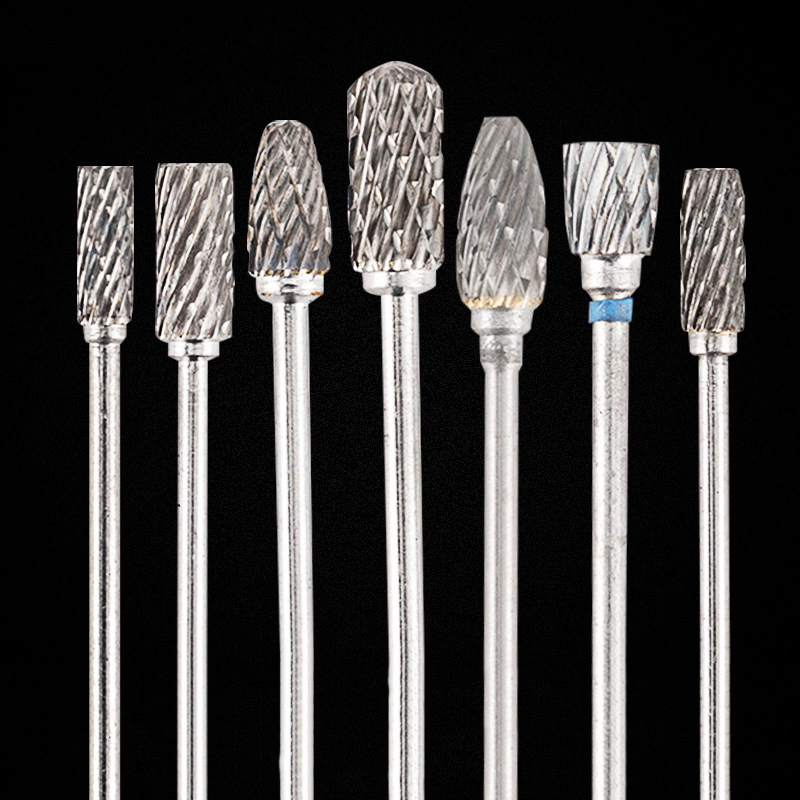
HP Deburring Carbide Burs
Product Information Brand MSK Material Tungsten Steel Model Grinding Head Custom Processing Yes Feature: The dental grinding head is made of tungsten steel with stabl […]
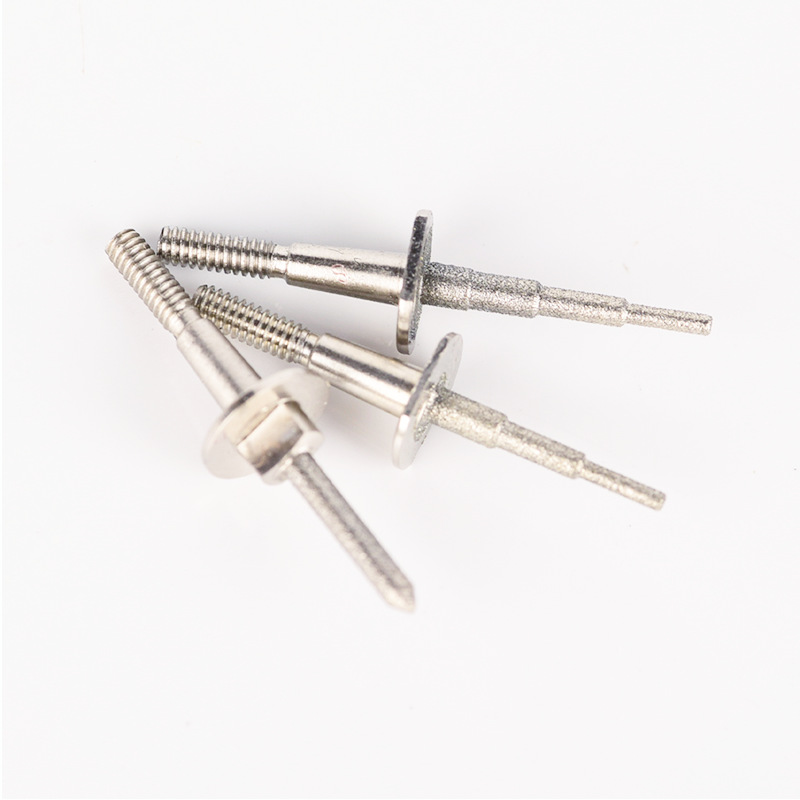
Step Bur Milling Bur Grinder for Glass Cerami
Product Information Origin Tianjing, China Shank Diameter 1.8 (mm) Brand MSK Scope Of Application CEREC3 Grinding Equipment Material Stainless Steel/Carbide Main Sales Areas […]
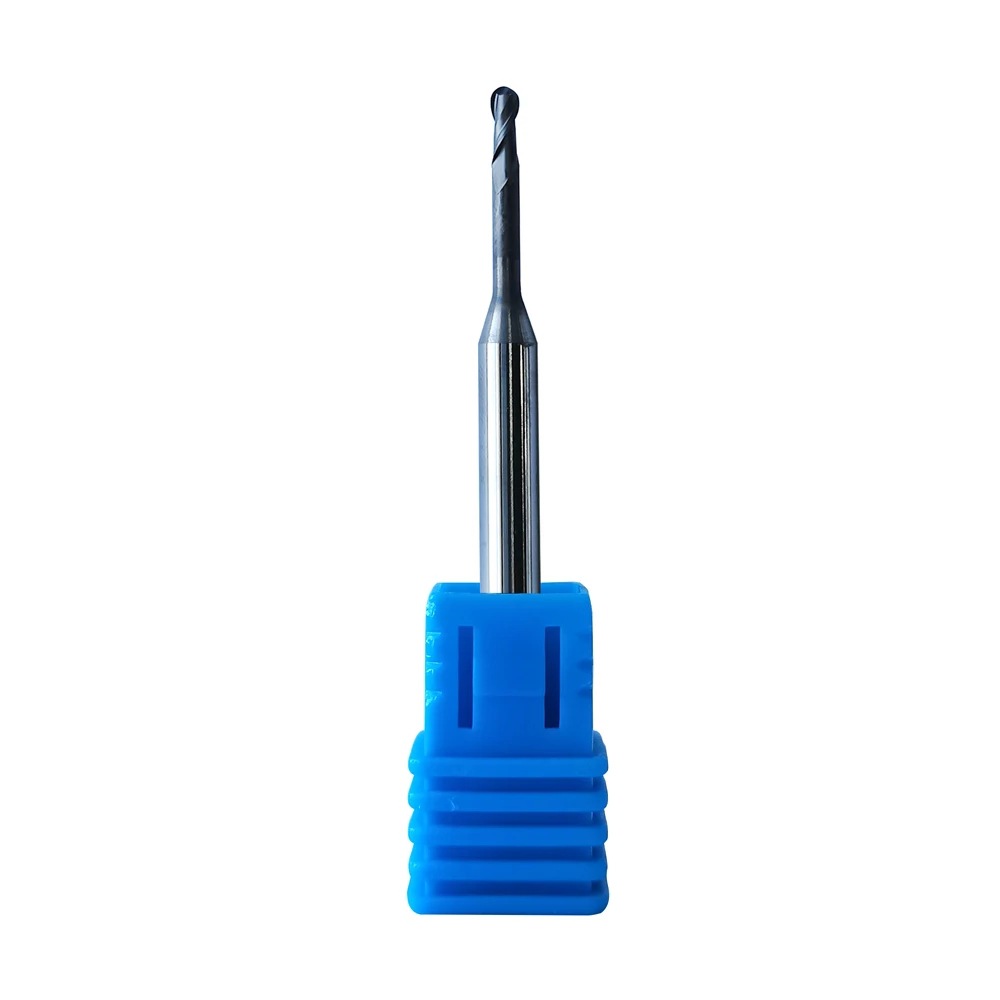
Supply Roland DLC Zirconia Burs
Product Information Origin Tianjing, China Series Dental Bur Brand MSK Cutting Edge Form 2 Blade/3 Blade Ball Diameter (Mm) 0.6, 1, 2 Material Very Fine Grained Cemented Car […]
Post time: 2023-06-26
